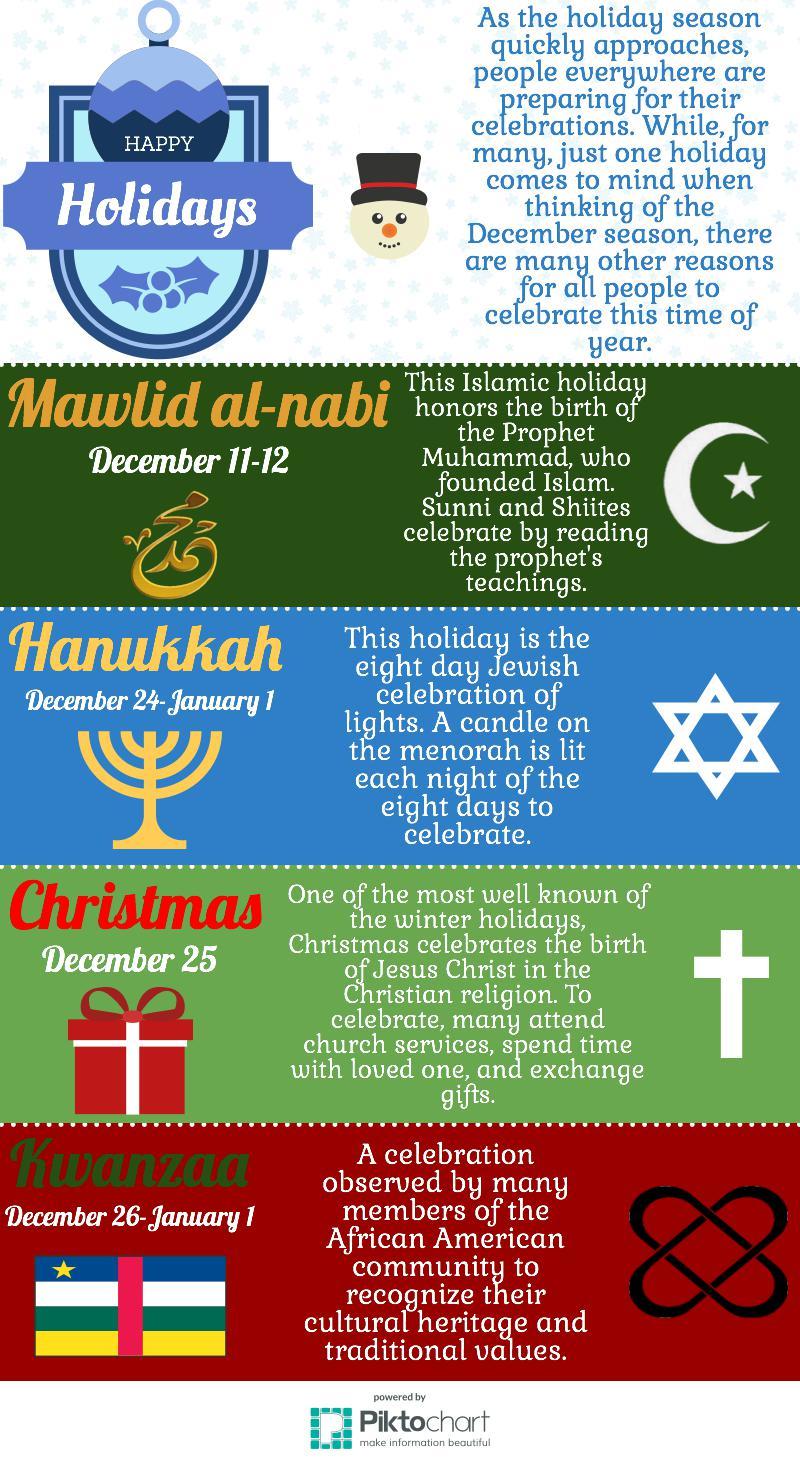
As the holiday season approaches, people around the world are preparing to celebrate various festivals and traditions. While Christmas is a significant holiday for Christians, many non-Christian communities have their own unique celebrations during this time of the year. In this article, we will explore some of the fascinating non-Christian Christmas holidays around the world.
These holidays showcase the diversity of human culture and the common themes of light, hope, and renewal that unite people across the globe. From ancient pagan traditions to modern-day celebrations, we will delve into the history, customs, and symbolism of these non-Christian holidays.
Yule (Winter Solstice) - December 21/22

Yule, also known as Winter Solstice, is one of the oldest winter festivals in the Northern Hemisphere. It marks the shortest day of the year and the beginning of the sun's journey back towards the equator. This ancient pagan tradition has been observed by various cultures, including the Germanic and Nordic peoples.
Yule is associated with the theme of light and the return of the sun. People would light fires, candles, and yule logs to symbolize the warmth and light of the sun. This festival has been incorporated into Christmas celebrations, with many Christmas traditions, such as decorating trees and exchanging gifts, originating from Yule customs.
Hanukkah - usually in December
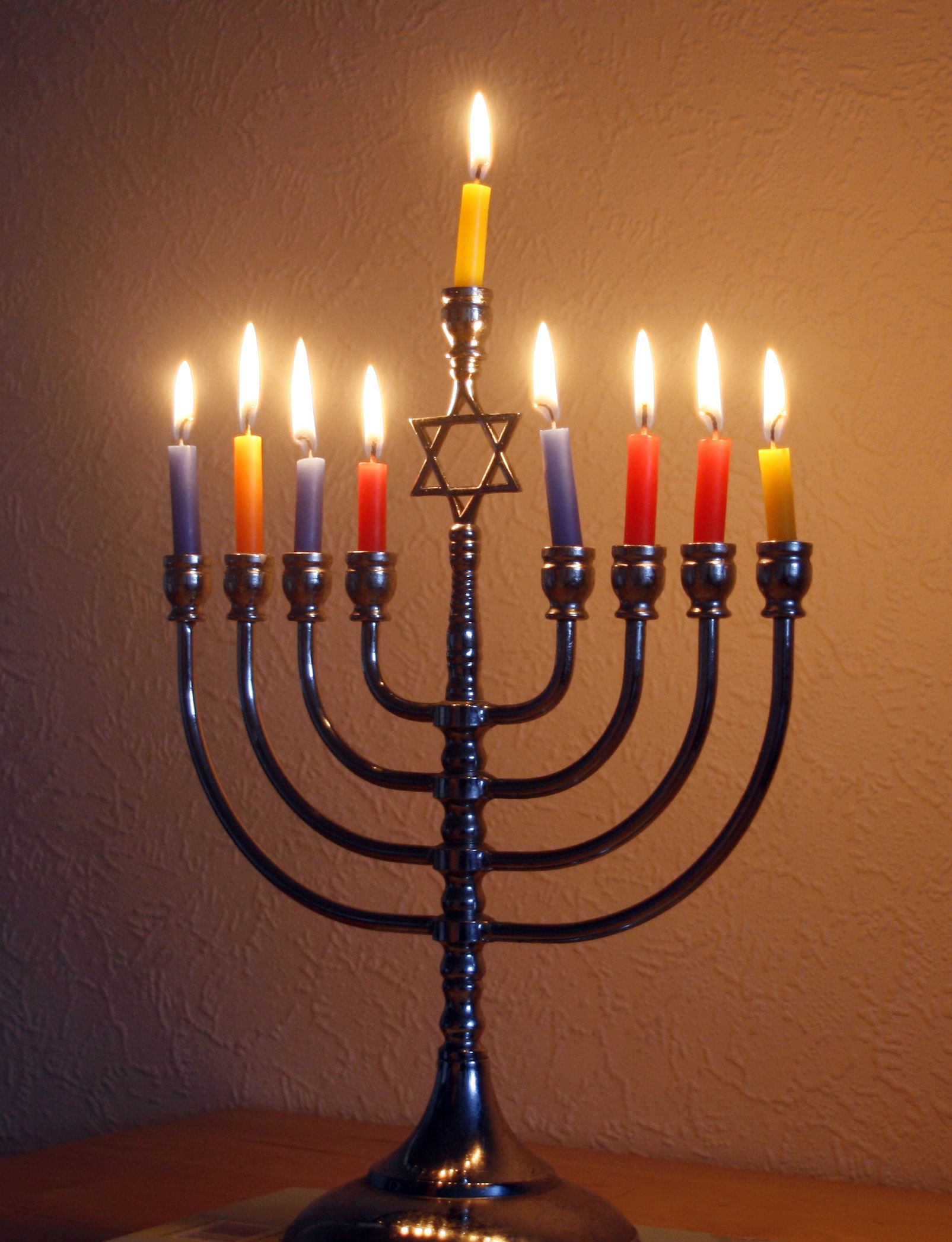
Hanukkah is a significant Jewish holiday that commemorates the rededication of the Temple in Jerusalem during the Maccabean Revolt. The story of Hanukkah tells of a small group of Jewish rebels who defeated the Syrian-Greek army and reclaimed the Temple.
The festival of Hanukkah is celebrated for eight days and nights, usually in December. It is marked by lighting the Hanukkah menorah, exchanging gifts, and eating traditional foods such as latkes and sufganiyot (jelly donuts). Hanukkah is a joyous celebration of faith, family, and community.
Kwanzaa - December 26 to January 1
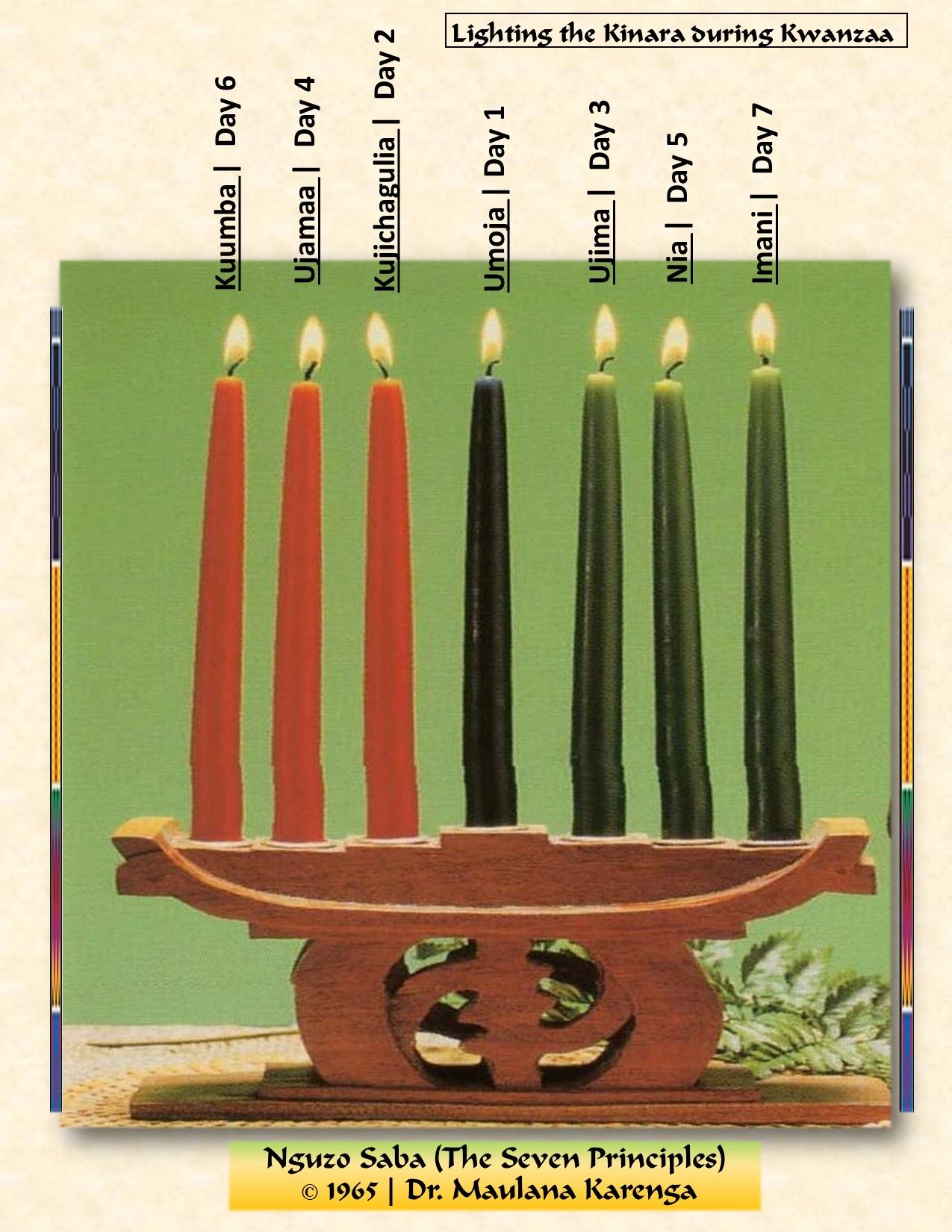
Kwanzaa is a week-long celebration honoring African American culture and heritage. Created in 1966 by Maulana Karenga, Kwanzaa is based on traditional African harvest festivals. The name "Kwanzaa" is derived from the Swahili phrase "matunda ya kwanza," meaning "first fruits."
Kwanzaa is observed from December 26 to January 1 and is centered around seven principles known as the Nguzo Saba. These principles include unity, self-determination, collective work and responsibility, cooperative economics, purpose, creativity, and faith. During Kwanzaa, families and communities come together to light the kinara, exchange gifts, and engage in traditional activities such as singing, dancing, and feasting.
Omisoka - December 31
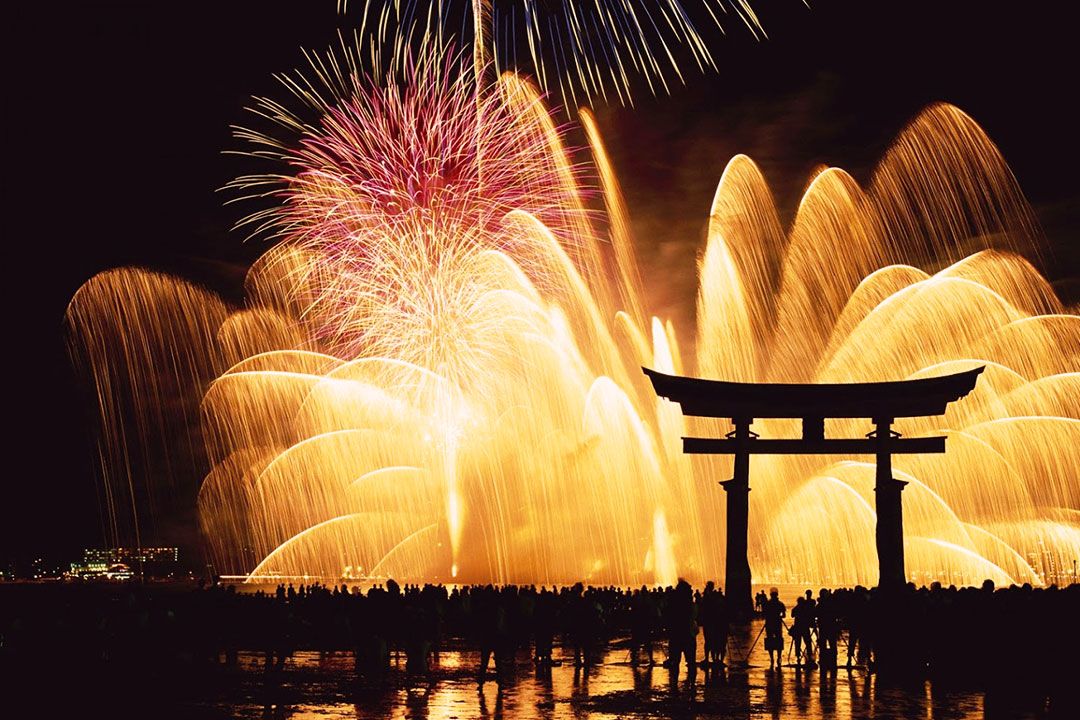
Omisoka is a Japanese New Year's Eve celebration that marks the end of the year and the beginning of a new one. It is a time for reflection, forgiveness, and renewal. Many Japanese people visit shrines and temples to pray for good luck, health, and happiness in the coming year.
Omisoka is also a time for family gatherings and traditional foods such as toshikoshi soba (year-crossing noodles) and ozoni (soup). At midnight, people visit temples and shrines to ring the bell 108 times, symbolizing the 108 worldly desires that Buddhists believe humans must overcome to achieve enlightenment.
Yalda - December 21/22
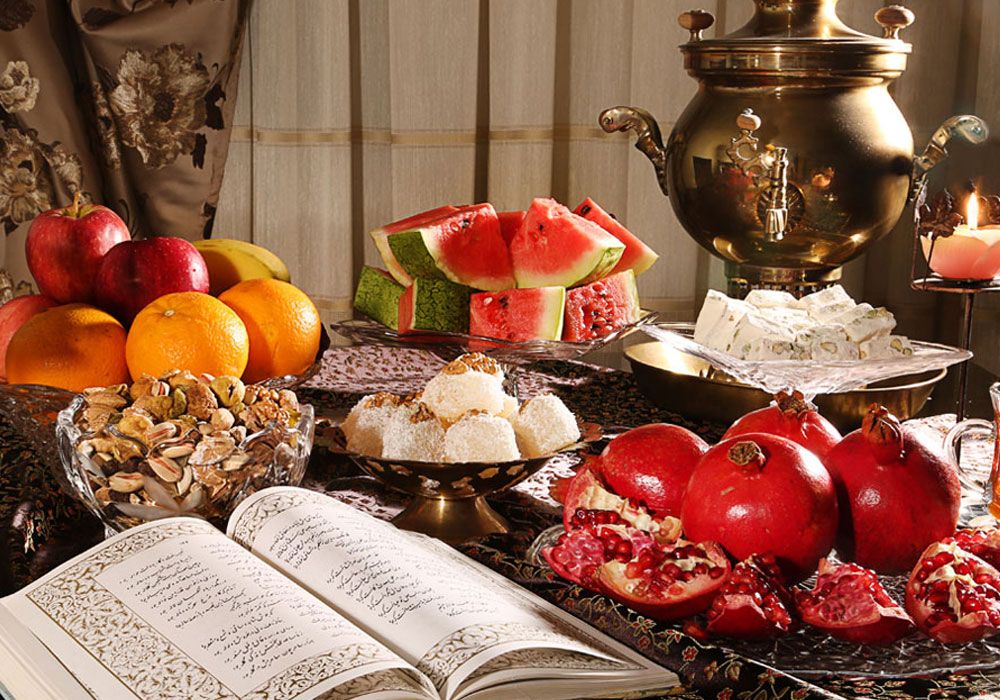
Yalda is an ancient Persian winter solstice celebration that marks the victory of the sun over darkness. It is observed on the longest night of the year, typically on December 21 or 22.
During Yalda, families gather together to share food, stories, and poetry. They also decorate their homes with pomegranates, watermelons, and candles, which symbolize abundance, fertility, and light. Yalda is a time for renewal and hope, as people look forward to the lengthening of days and the return of the sun.
Gallery of Non-Christian Christmas Holidays Around the World
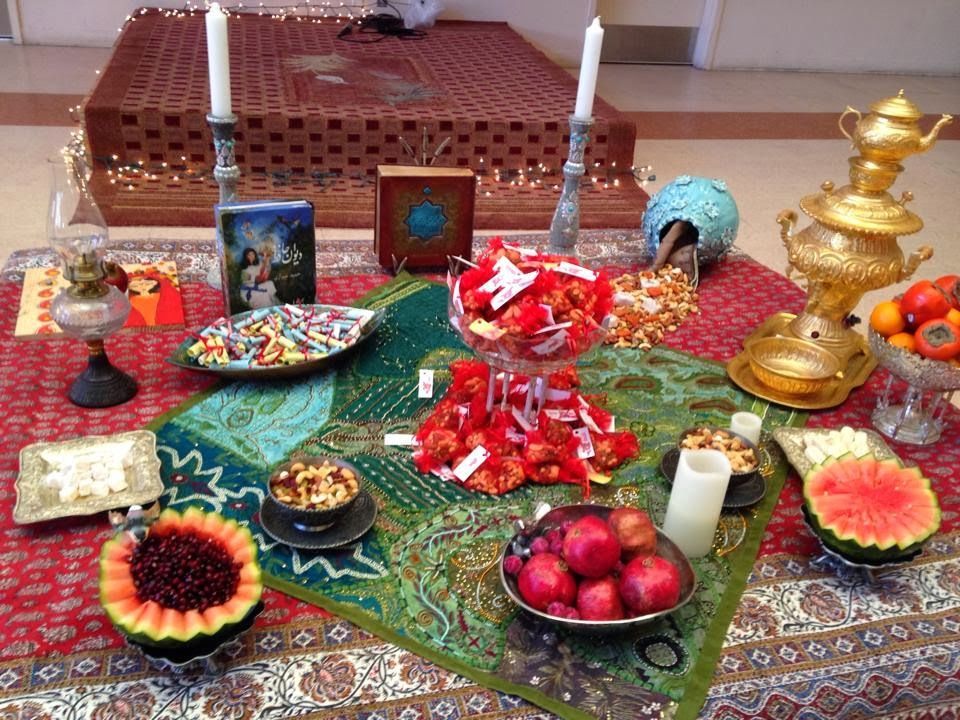
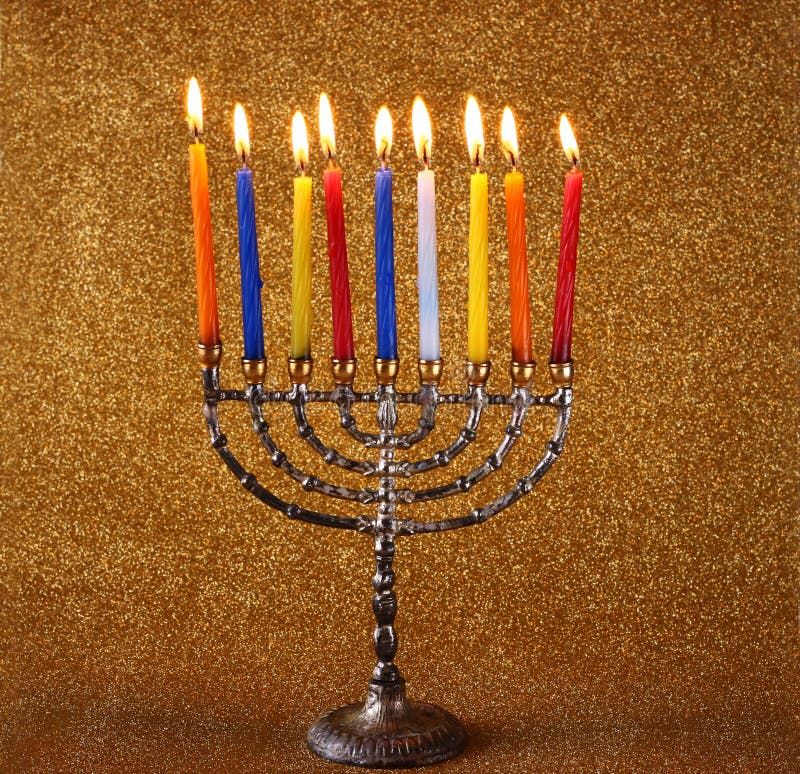
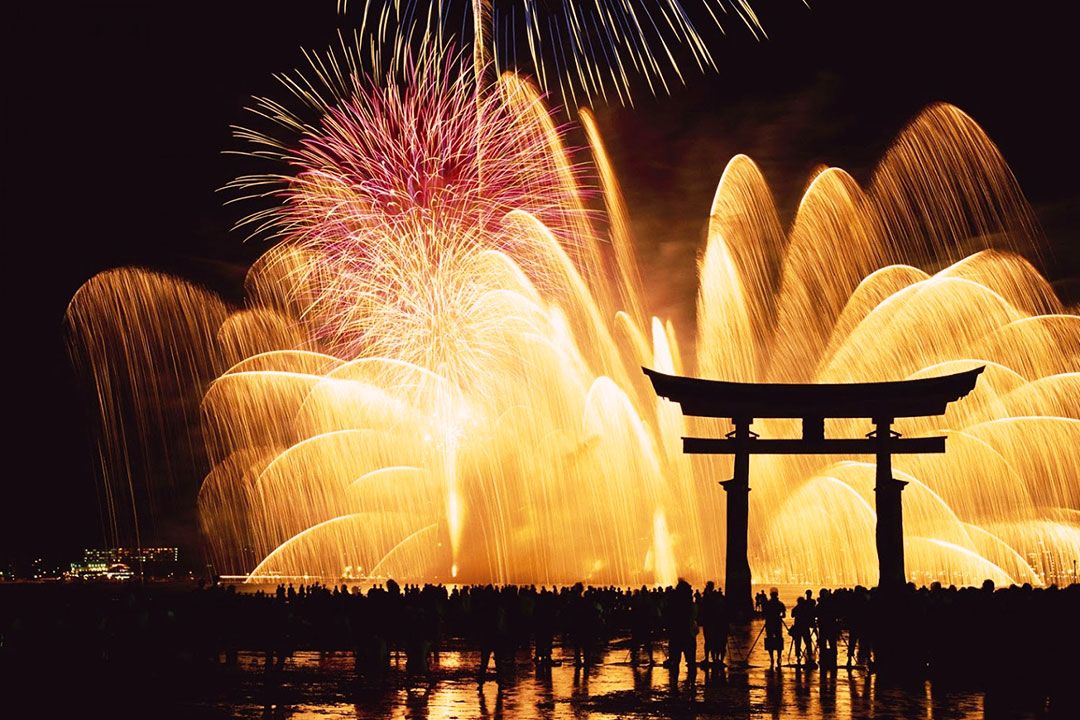
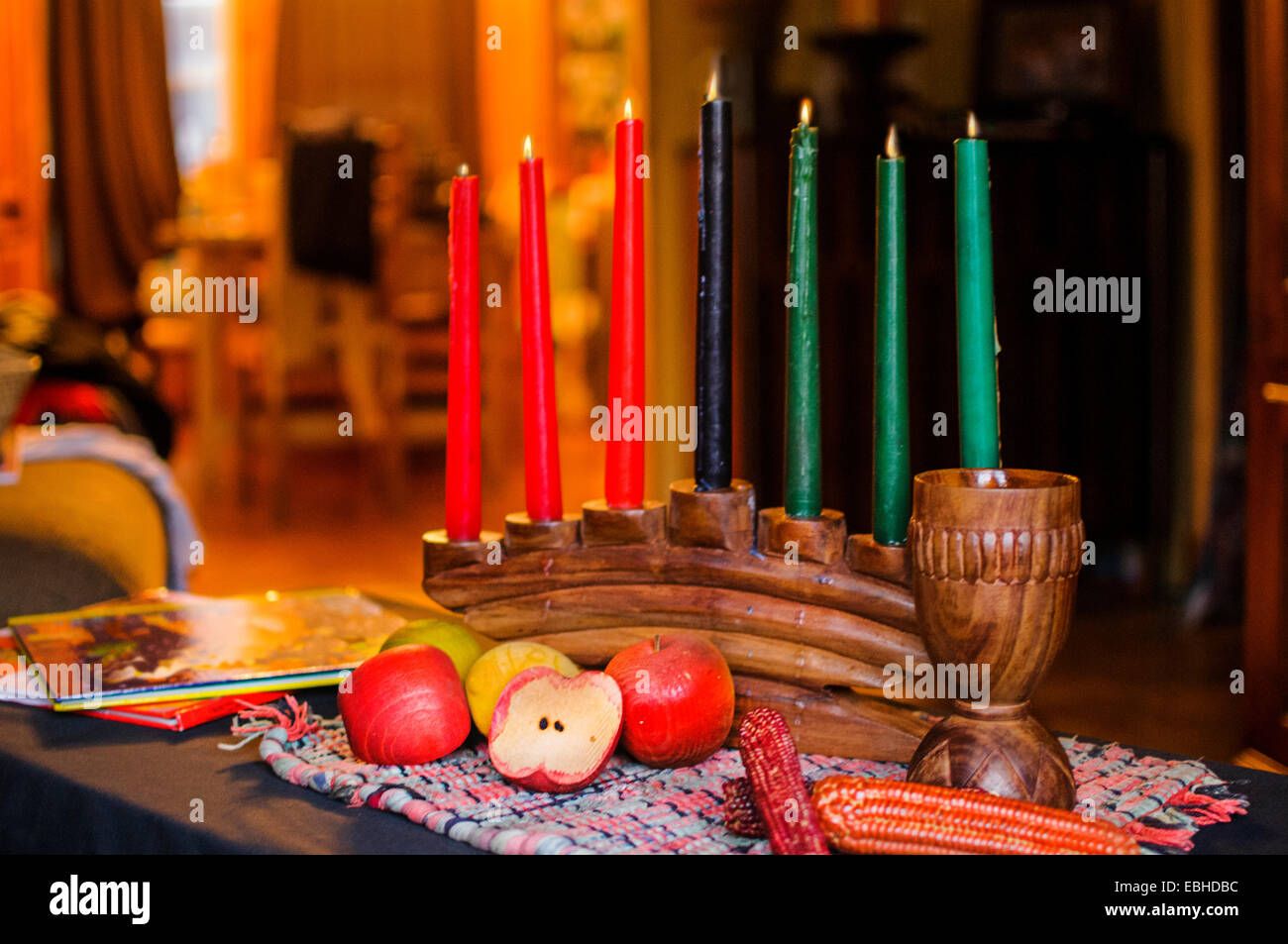
Conclusion
As we celebrate the holiday season, it is essential to recognize and appreciate the diversity of human culture and tradition. Non-Christian Christmas holidays around the world offer a fascinating glimpse into the customs, symbolism, and values of different communities.
By exploring these celebrations, we can gain a deeper understanding of the common themes that unite us, such as the importance of family, community, and hope. As we look forward to the new year, let us embrace the spirit of inclusivity, respect, and joy that defines these non-Christian holidays.
What is the significance of Yule in non-Christian cultures?
+Yule is a significant winter festival in non-Christian cultures, marking the shortest day of the year and the beginning of the sun's journey back towards the equator. It is associated with the theme of light and the return of the sun.
How is Hanukkah celebrated in Jewish communities?
+Hanukkah is celebrated for eight days and nights, usually in December. It is marked by lighting the Hanukkah menorah, exchanging gifts, and eating traditional foods such as latkes and sufganiyot (jelly donuts).
What is the significance of Kwanzaa in African American culture?
+Kwanzaa is a week-long celebration honoring African American culture and heritage. It is centered around seven principles known as the Nguzo Saba, which include unity, self-determination, collective work and responsibility, cooperative economics, purpose, creativity, and faith.
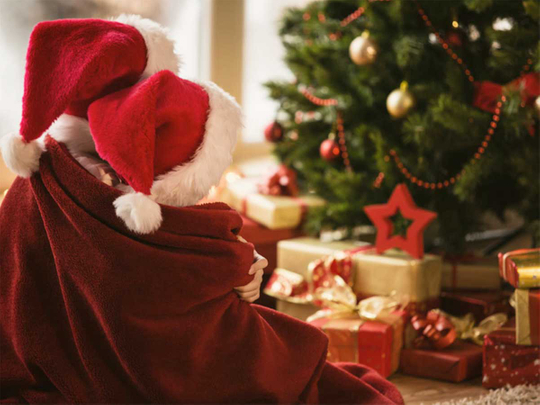
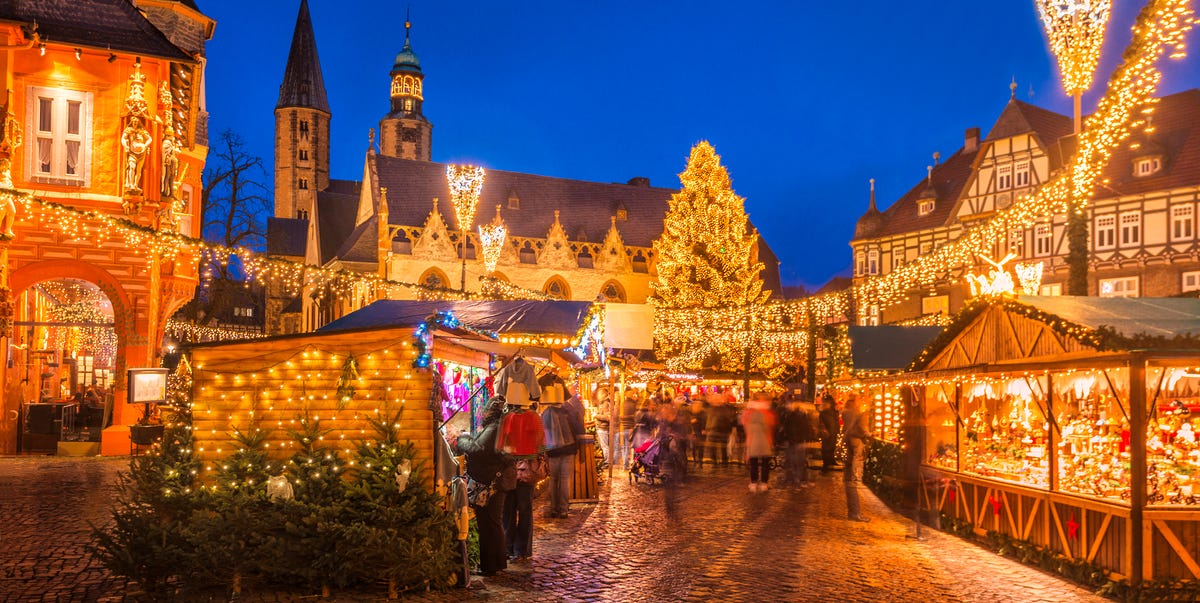
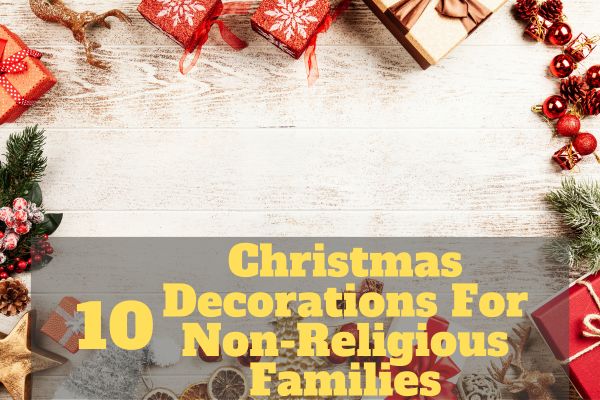
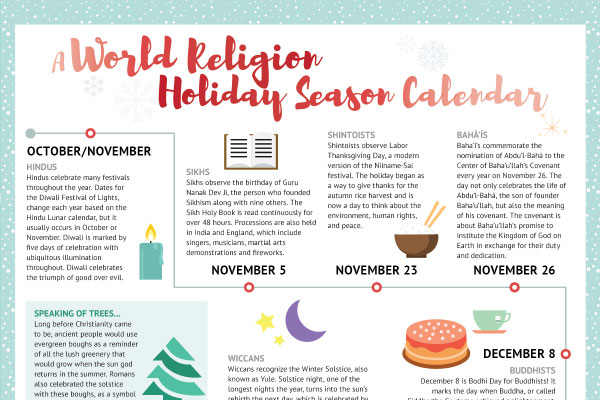
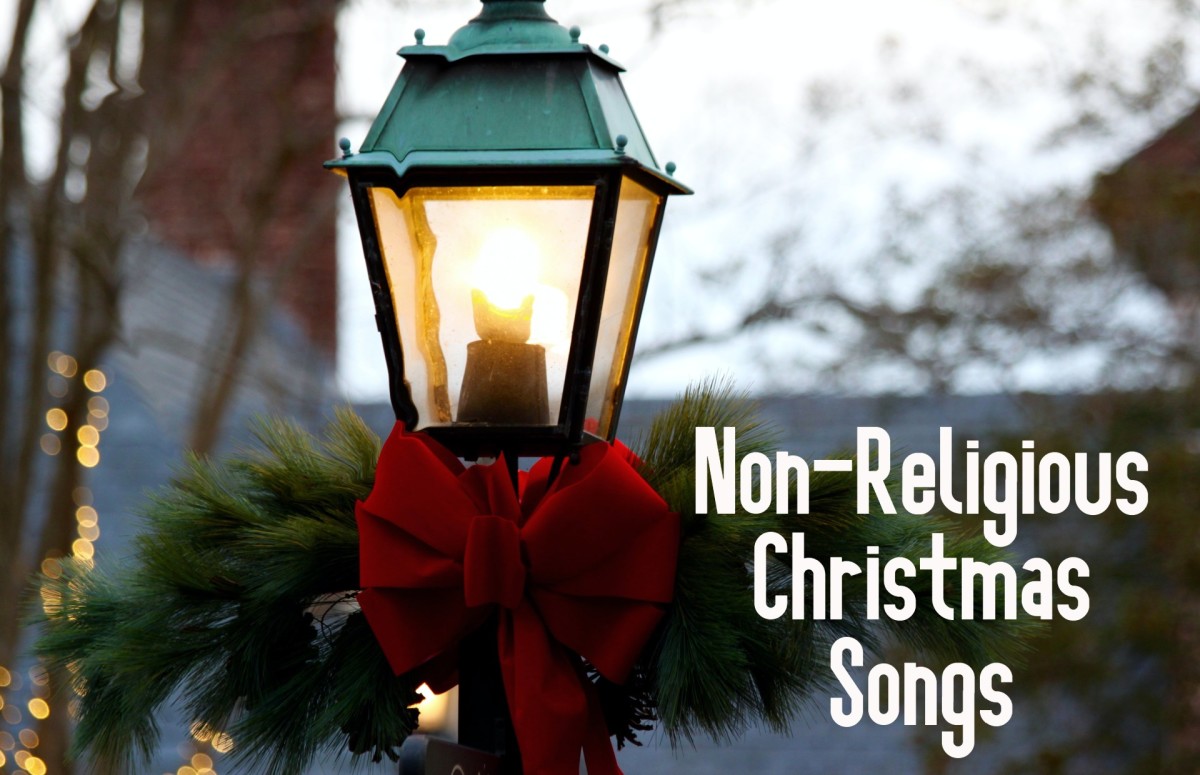
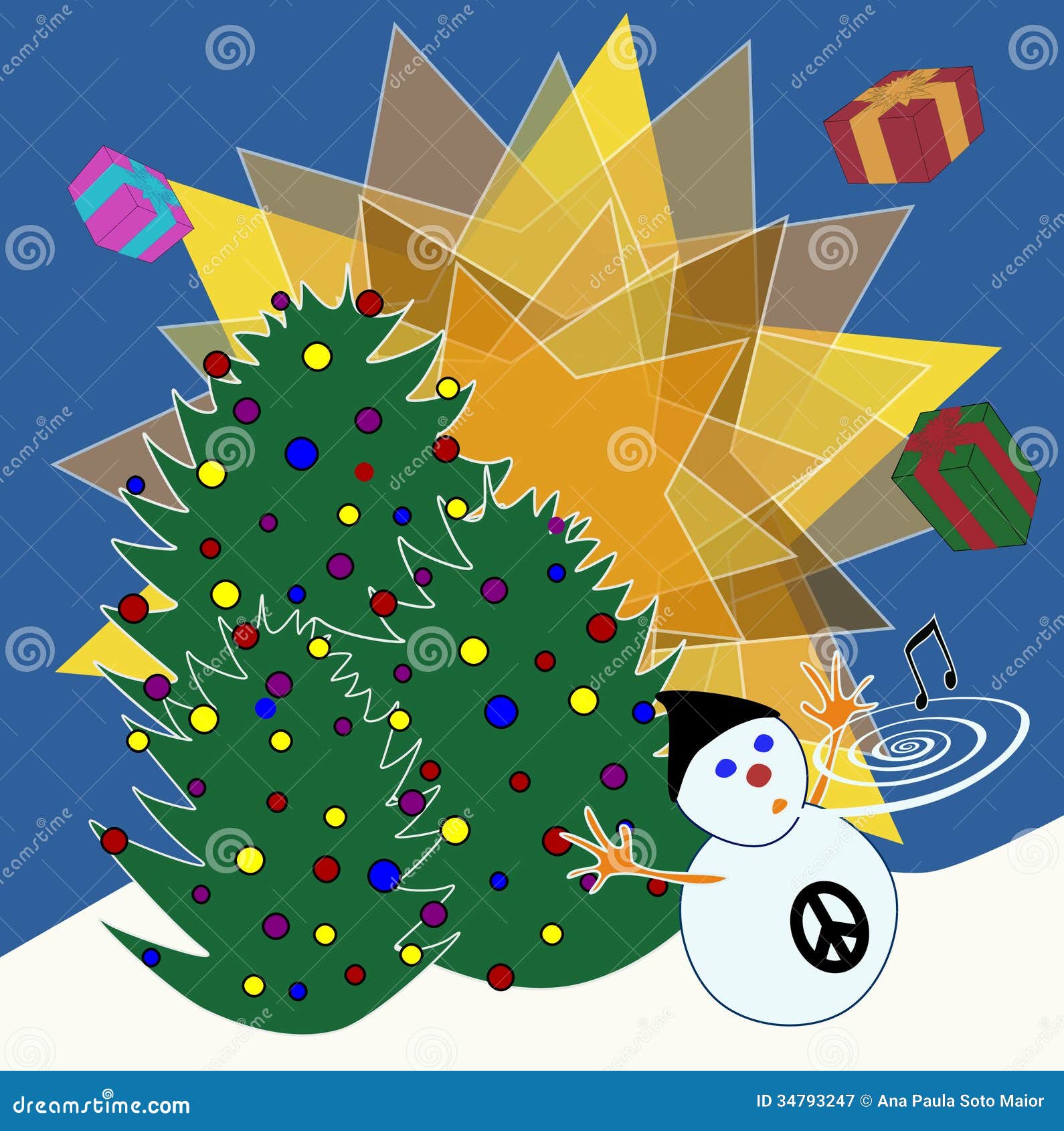
![9 Secular Christmas Stories [Non-Religious]](https://internationalstoryteller.com/wp-content/uploads/2022/09/Secular-Christmas-Stories.jpg)




